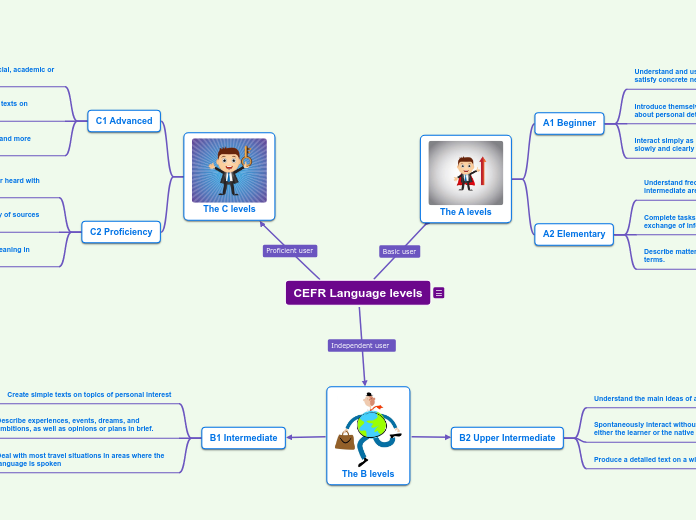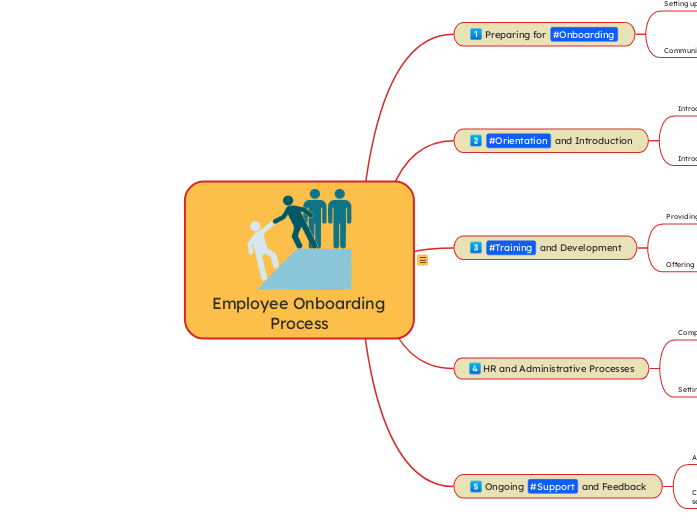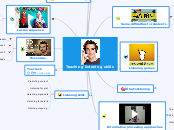Four Strategy For Effective Communication
Engaged Listening
When listening in a conversation it can help the other person feel heard and we are able to better understand them.
Some ways we we can become better listener are:
Set aside judgement
Avoid interupting
Favour your right ear
Focus fully on the speaker.
Show interest in the conversation
Provide feedback
Managing Stress
Managing stress is important during a coversation because you will be able to think more calmly. By remaining calm you can tell if it will be easier to tell if you should respond or just stay quiet.
There are different ways we can try to stay calm during a conversation so we don't say anything we might regret or lash out unexpectedly.
Summarize then stop speaking
Speak clearly
Collect your thoughts
Use stalling tactics
Non-Verbal Communication
Our body language can tell a person how we are feeling and coming across. It's important for people to be able to read and understand different body languages and movements to avoid any contradictions and hostility,
To fully understand non-verbal communication we have to be able to read a persons body language and how we deliver our own body language.
Delivering Body Language
Avoid negative body language this can help improve your self confidence and help the other person feel more at ease.
Make sure you match your body language with what you're saying so they don't contradict each other.
Reading Body Language
Everyone is different with how they express emotion. It's important to know the differences in people and don't assume that all body languages mean the same to everyone.
Don't just focus on only one body or verbal signal because someone might accidentally give off the wrong body language.
Asserting Yourself Respectably
Asserting yourself can help express thought, opinions and feeling in a open and honest way.
Types of communication assertion
Escalating Assertion
This means you are more firm with your needs and are willing to escalate the situation if needs are not met.
Empathetic Assertion
First listen to the other persons opinions and wants than explain your own. Make sure your sympathetic to the other person as well and listen to them.
How to be more assertive:
Value yourself and opinions
Express your needs and wants
Practise being assertive
Learn to say "no"
Receive feedback positively
Know your needs and wants









